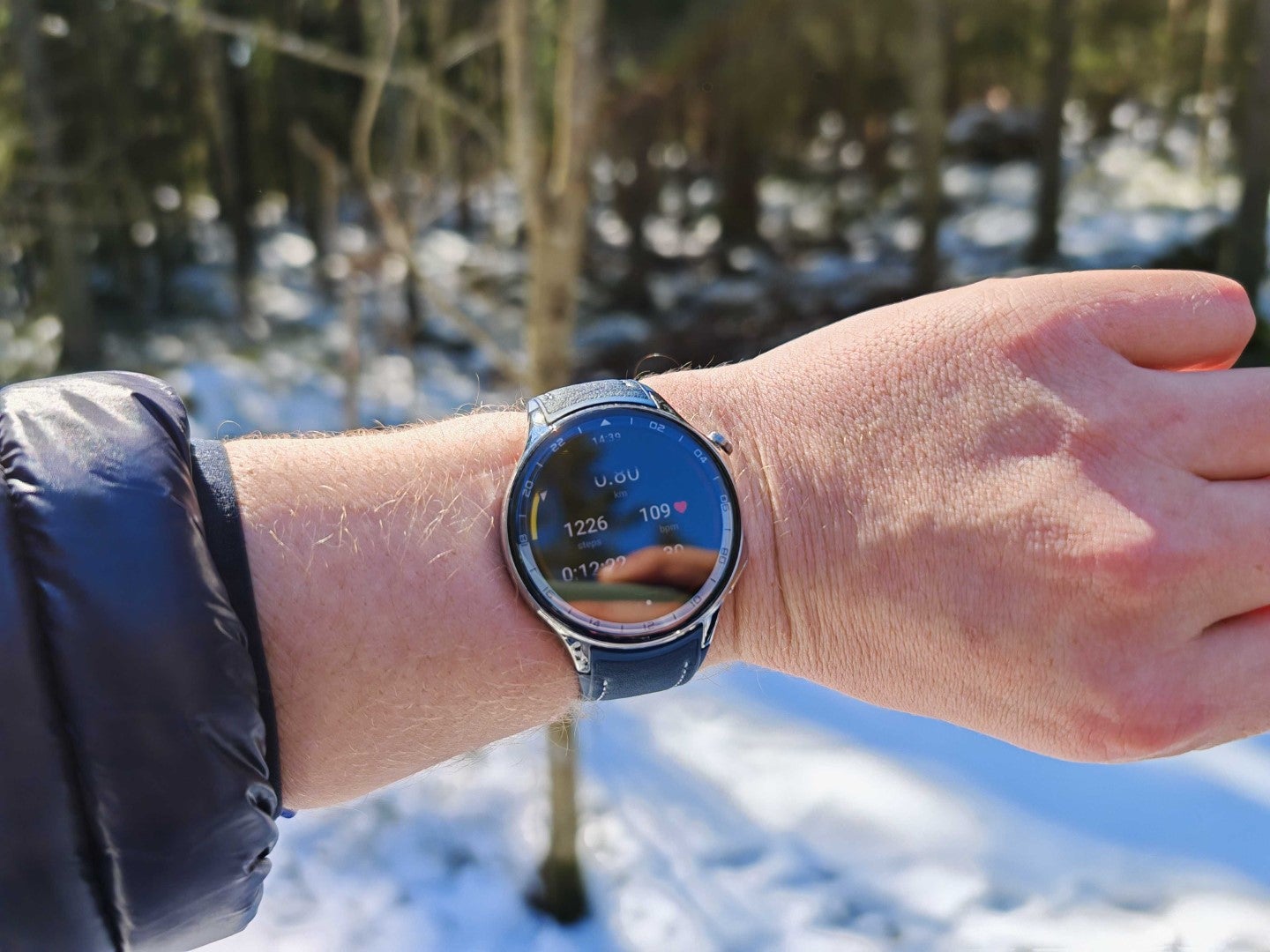Ctrl+Alt+Delete: Google’s made a big mistake by canning the Pixelbook
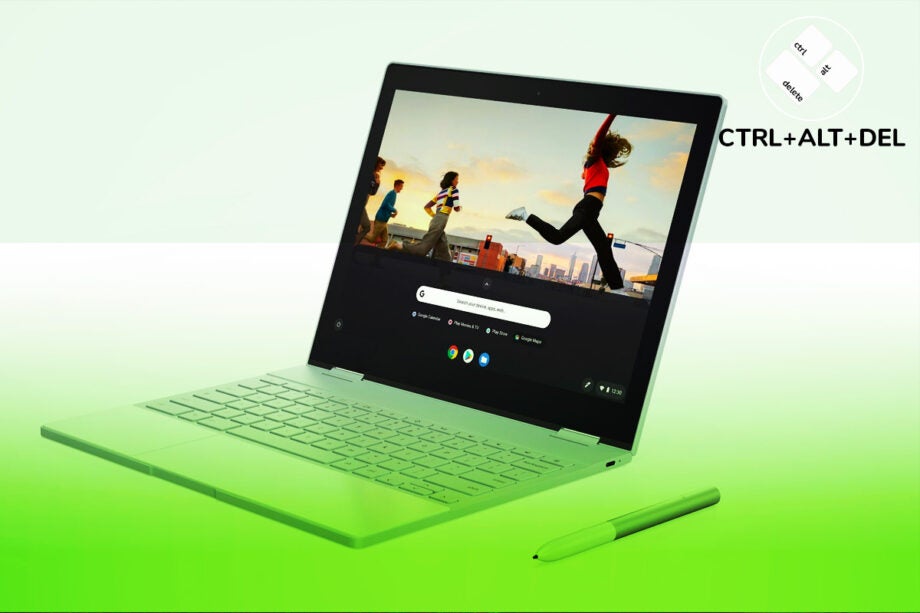
OPINION: Google has a reputation for binning major projects after a few minor bumps in the road. Google Glass and Google Daydream have both kicked the bucket in recent years.
And this week, The Verge reported that Google is cancelling its next Pixelbook laptop, and shutting down the team behind it. Considering Google’s track record, this shouldn’t come as a major surprise.
But I honestly thought the popular Pixelbook was one of the few devices safe from the Google guillotine, and I can’t quite understand the company’s reasoning for canning it.
The Google Pixelbook first launched back in 2017, and was considered a premium Chromebook that showed other manufacturers that ChromeOS-powered laptops could offer as much style as a Windows clamshell.
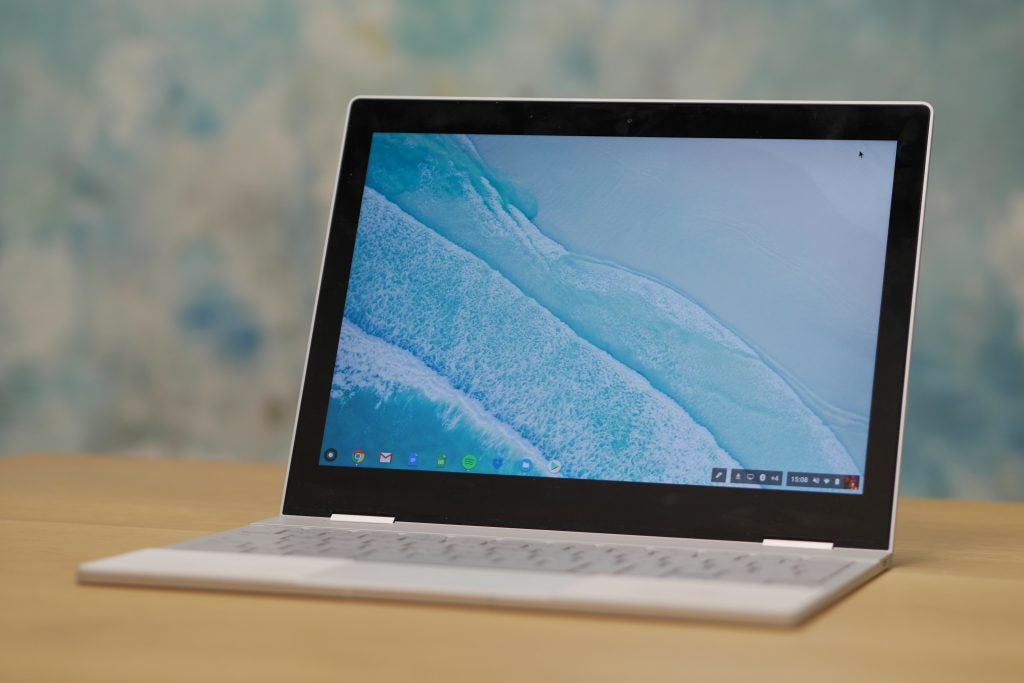
It wasn’t perfect, featuring poor speakers and a price that came too close to high-end Windows laptops such as the MacBook Air. But it was nevertheless a great option for those who like the simplicity of ChromeOS yet craved a premium portable.
In my eyes, the follow-up Pixelbook Go was even better. Google watered down the specs in order to give the portable a more affordable price, coming in at just £629. And while it’s possible to find even cheaper Chromebooks, few had such a quality metal build and the option for a 4K screen.
There are very few Windows laptops that can compete with the Pixelbook at that price – only the Surface Laptop Go 2 springs to mind. But sadly, Google hasn’t updated the Pixelbook Go since 2020, so it’s now feeling a little outdated.
That’s a great shame, as it’s a great time for Chromebooks. Qualcomm has made great strides with its laptop processors, seeing an excellent performance and power efficiency for portables such as the Acer Chromebook Spin 513. And while Google has previously stuck with Intel chips, I don’t see why it couldn’t strike a deal with Qualcomm for at least the base configuration.
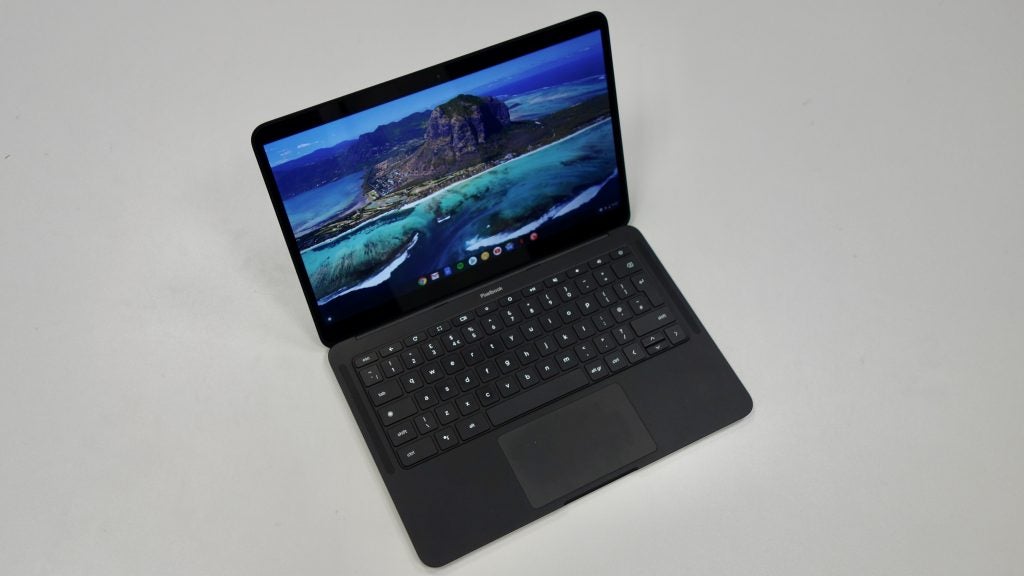
We’ve also started to see high-end features trickle down to the Chromebook market. It’s now possible to see Chromebooks with OLED panels and fingerprint scanners, offering a similar experience to Windows laptops that cost twice as much.
ChromeOS has really matured over the years too, and is now a great alternative to Windows for those who want a more streamlined operating system. The rise of cloud streaming also enables Chromebooks to play games, making them more versatile than ever before.
With Google only launching Google Stadia a couple of years ago, it would make a lot of sense for the company to push its own Chromebook as the best portable platform for the cloud gaming service.
Windows laptops only seem to be getting more expensive too. The Honor MagicBook series used to be one of the best value Windows laptops on the market, but the latest MagicBook 14 (2022) model is occupying a similar price point as Apple’s MacBook Air. As a result, I fully expect Chromebooks to become a more popular option for those unwilling to spend over £1000 on a laptop.
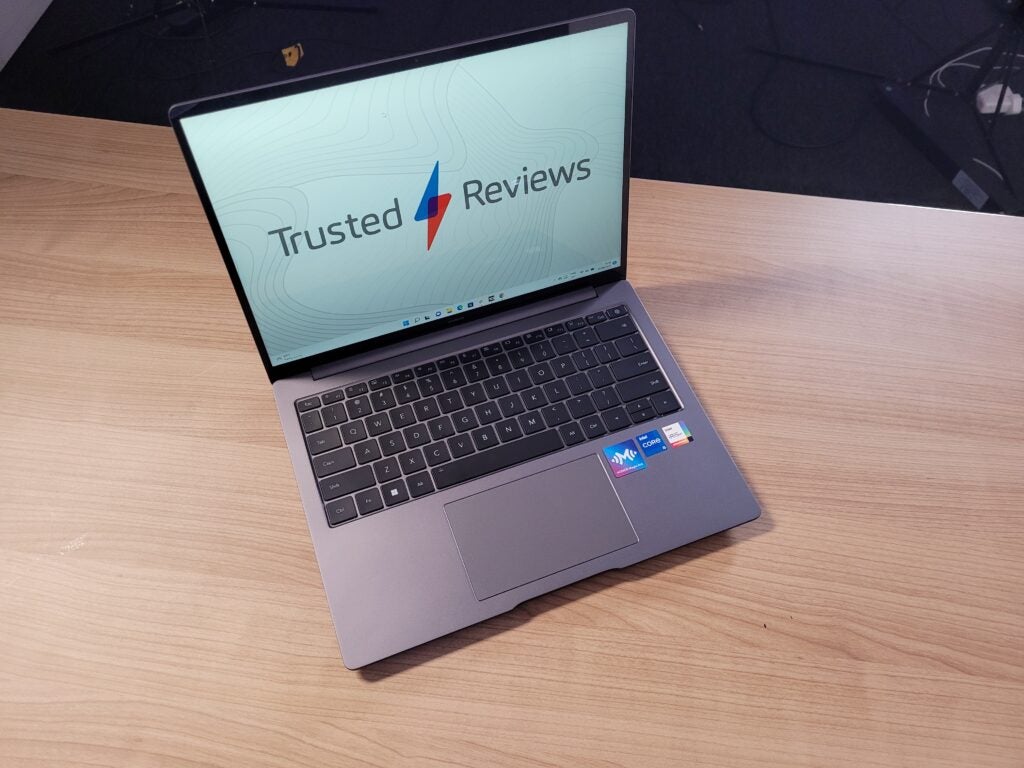
The Chromebook market is looking healthier than ever, so it’s a real head-scratcher why Google has decided to cancel future Pixelbook projects. It’s not a great look from the company that develops ChromeOS.
The Verge made a very good point that the Pixelbook’s job is over, as Google likely only wanted to design it as a way of showing the potential of future Chromebook laptops. But why stop there?
I’d love to see a Pixelbook with a foldable screen, or another clamshell design with a 4K OLED display at an affordable price – imagine how much of a killing that would make if available at an affordable price.
It would be great to see Google create its own laptop chip, going down the Apple M1 route. Reports from CNBC suggested that Google was planning to do exactly that following the reveal of its Google Tensor chip for the Pixel smartphones. But with the Pixelbook seemingly scrapped, I’m starting to doubt whether that Google-made laptop chip will ever see the light of day.
I also think that ditching plans for the Pixelbook harm Google’s reputation in the long run. It has canned so many hardware projects at this point, that I’d be hesitant to ever purchase Google hardware in the future.
So with all of that in mind, I think it’s a big mistake for Google to cancel plans for the Pixelbook. But Chromebook fans shouldn’t be too disappointed, as I’m sure the industry will continue to blossom with the likes of Acer, HP, Lenovo and Samsung leading the charge.
Ctrl+Alt+Delete is our weekly computing-focussed opinion column where we delve deeper into the world of computers, laptops, components, peripherals and more. Find it on Trusted Reviews every Saturday afternoon.


